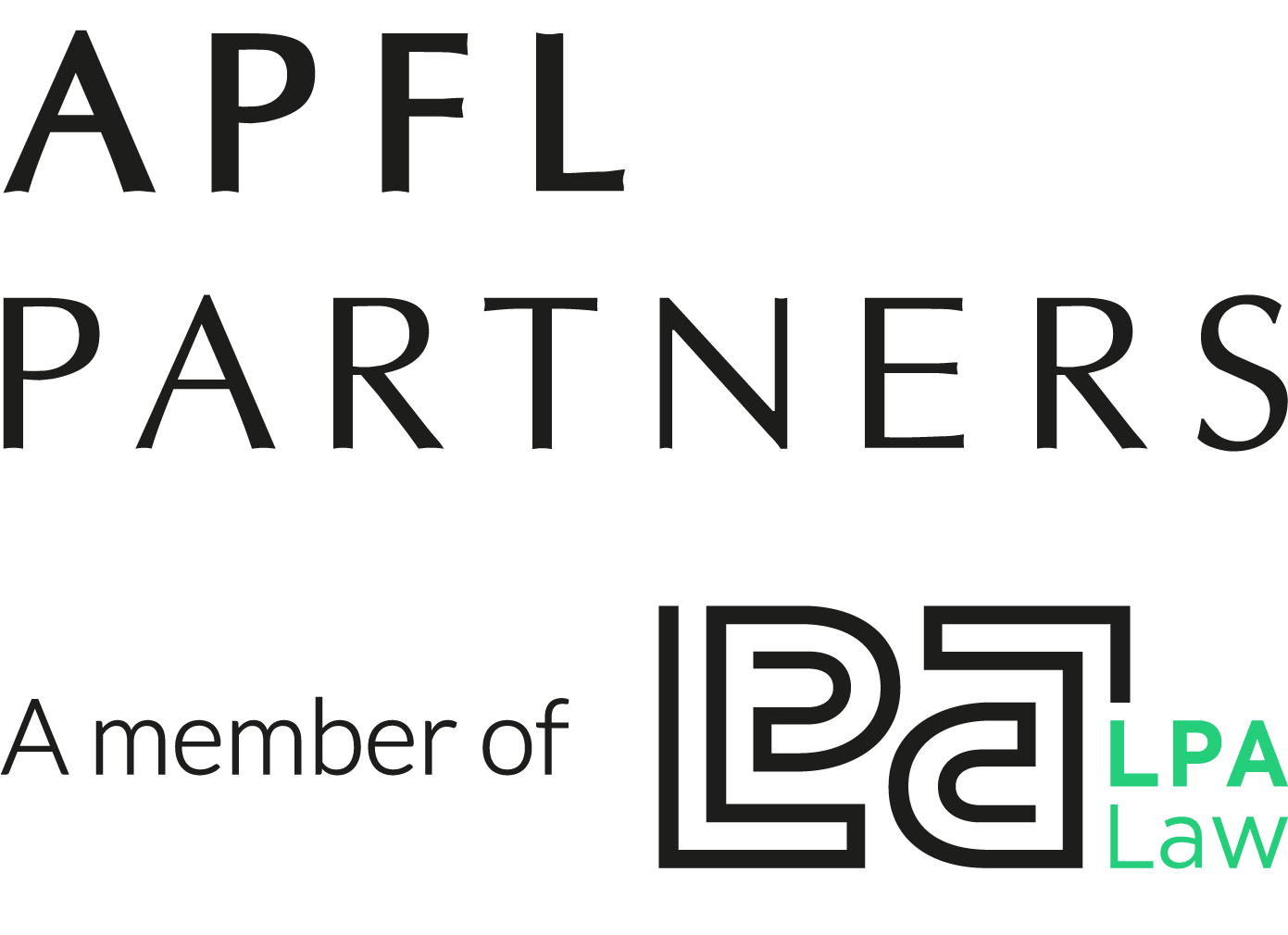Raft of Regulations Enter into Force

On 1 July, a raft of new regulations entered into force. Some of these new laws could have important implications for foreign enterprise and international investors. In this article, we look at some of these new laws and consider what business leaders need to know to remain compliant.
Law on Credit Institutions
The revised law includes provisions to regulate the establishment, organisation, control, and dissolution of credit institutions. Of particular note for foreign financial institutions, as we wrote back in February, is that the revised law includes procedures for handling bad debts and collateral assets for foreign bank branches involved in debt transactions.
The amended law promotes greater application of new technologies in the banking sector and encourages institutions to develop new financial products and services. It also aims to make banking more open and transparent, strengthening self-regulation and control across the sector.
Law on Telecommunications
The new Law on Telecommunications aims to bring Vietnam closer to international practices and standards, as we highlighted back in January. It includes provisions on cloud storage, online telecommunications services, and data centers.
The law takes a ‘light touch’ approach, as it aims to provide a legal framework to encourage the development of telecommunications infrastructure and digital services in Vietnam. For instance, there will be less strict requirements on foreign enterprises than seen in the past with traditional telecommunications services.
It is important to note that the new law contains no restrictions on foreign ownership for enterprises wishing to operate cloud storage services, data centers, or so-called over-the-top (OTT) services. In other words, enterprises providing these services can be 100% foreign-owned.
The law also aims to facilitate the mutual sharing of infrastructure between local and foreign enterprises and give the latter access to public land and utilities for this purpose. It will also require real estate investors to ensure that their projects have room for telecommunications services.
Law on E-Transactions
For the first time, the new Law on E-Transactions defines ‘digital platforms servicing e-transactions’ as well as ‘intermediary digital platforms servicing e-transactions.’ Of particular importance for companies operating in e-commerce, it also sets out the responsibilities of large digital platform administrators (as we discussed back in February).
These include the need to publish mechanisms to handle content which violates Vietnamese law in online transactions and report these violations to the Ministry of Information and Communications (“MOIC”) on an annual basis.
Law on the Protection of Consumer Rights
From this month, Vietnamese consumers will benefit from stronger protections following the implementation of a new Law on the Protection of Consumer Rights.
This imposes new obligations on companies, including a requirement that those selling goods online must provide accurate information about consumer rights and complaints handling procedures to their customers. Regular readers will remember that we discussed the implications of this new law before, in particular with respect to e-commerce transactions.
Law on Prices
Last, but not least, a new Law on Prices also entered into force on 1 July. In short, this law regulates how the state determines and manages the price of specific, essential goods and services.
In particular, it is designed to ensure that ‘price valorisation’ for goods and services such as rice, milk for children under six, livestock feed, essential drugs, finished petrol and oil products, and pesticides match market realities.
This includes setting floor, ceiling, or price ranges for these goods; regulating the amount of such products in the market; and the application of subsidies. The law describes the process of adjusting the price of these products, with line ministries and provincial People’s Committees required to send a submission to the Ministry of Finance (“MOF”).
For more information about the laws mentioned above, please contact our office on: contact@apflpartners.com
Disclaimer: This article and its content are for information only and are not given as legal or professional advice. they do not necessarily reflect all relevant legal provisions with respect to the subject matter. Readers should seek legal or professional advice before taking or refraining to take any action.


